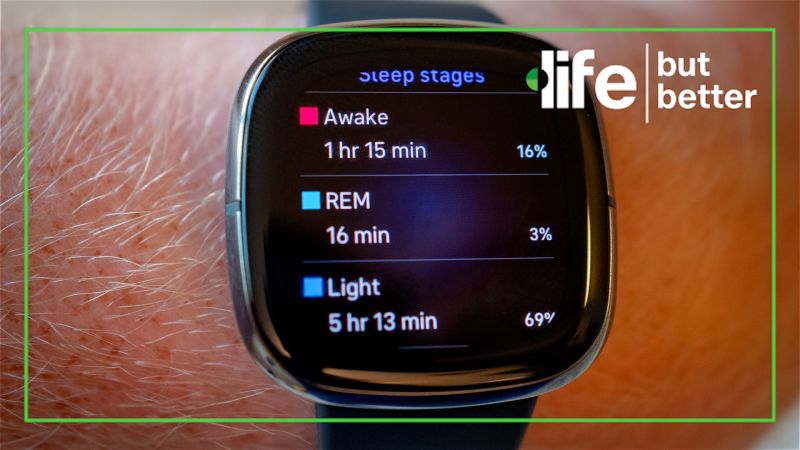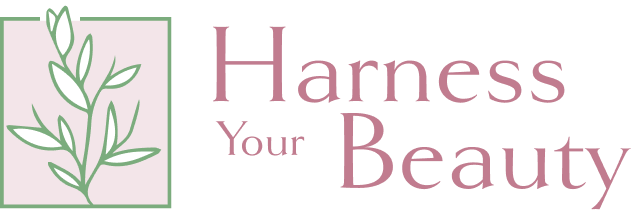
The future of Ukraine. A looming trade war. Stock market turmoil. Rising prices for consumers in the midst of thousands of layoffs, with more to come. Whether your politics make you anxious or exhilarated by the events of the day, there’s no doubt that change and uncertainty breed stress.
Stress, of course, can disrupt sleep. For some, that stress can lead to insomnia, an inability to fall or stay asleep or waking up much earlier than desired. Chronic insomnia may lead to serious health issues, including heart attacks and stroke.
“Everyone has a specific threshold for insomnia, and sometimes precipitating factors can break through the threshold and you can’t sleep. The stressors could be personal, professional, environmental, even political,” said sleep researcher Dr. Ana Krieger, a professor of clinical medicine in the departments of medicine, neurology and genetic medicine at Weill Cornell Medical College in New York City.
Cases of insomnia have tended to rise during previous political and societal upheaval, said Michelle Drerup, a psychologist in the sleep disorders clinic of the Cleveland Clinic in Ohio.
“We’ve seen this throughout the past several decades,” Drerup said. “Oftentimes it’s people who are vulnerable or people who already have occasional difficulties, and this tips them over the edge.”
How to know if your sleep is at risk
Good sleepers may be more immune to the effects of stress on their nighttime slumber, Krieger said. However, for people who have trouble drifting off or for those with sleep fragmentation — brief but frequent awakenings during the night — ongoing stress from the news can turn the occasional bad night of sleep into a real problem.
Age is also a risk factor — older adults may already have issues with sleep due to existing health conditions, medications and chronic pain, and so may be especially sensitive to additional stress. Women also have higher rates of insomnia than men, as do people with family members who have insomnia, Drerup said.
“There’s a genetic predisposition, but there’s also a behavioral impact,” she added. “If I am in an environment where my parents are up late, that will potentially impact my sleep schedule. Family history of mental health issues, specifically anxiety, is another predisposing factor.”
Don’t turn to the dark side of insomnia
Having an occasional bout of insomnia is common, said sleep specialist Jennifer Mundt, an associate clinical professor of family and preventive medicine at the University of Utah who sees patients at the school’s Sleep Wake Center.
“Insomnia is a normal reaction to change in stress, even a good change,” Mundt said. “You might get married, get a new job, have a baby, but they still create stress and that can still disrupt your sleep. So it’s quite normal to have a temporary bout of insomnia, and then typically, sleep will go back to baseline.”
However, some people develop unhelpful habits and ways of thinking about sleep that create a vicious cycle, said Krieger, who is also director of the Center for Sleep Medicine at Weill Cornell Medicine and NewYork-Presbyterian.
“Eventually, many people develop what are called perpetuating factors, or ways they try to cope, which often are not healthy or good for sleep and which can cause chronic insomnia,” she said. “We have patients who can’t sleep and start watching the news or read it on their phones. They turn on the lights, they eat. We even have some who play tennis or exercise in the middle of the night.”
While experts encourage getting out of bed after 30 minutes of tossing and turning, it’s not wise to expose your eyes to the blue light of electronic devices during the middle of the night. Doing so just sends a message to the brain that turns off melatonin, the hormone that triggers sleepiness, Krieger said.
Eating during the night can lead to heartburn, indigestion and acid reflux, which can disrupt sleep. Exercising in the middle of the night raises body temperature, heart rate and stress hormones, which can derail attempts to doze off.
One of the worst behaviors a person with occasional insomnia can do is fret about it, said Dr. Elizabeth Klerman, a professor of neurology in the Division of Sleep Medicine at Harvard Medical School.
“However, I can sympathize with that behavior. I don’t know about you, but if I’m awake in the middle of the night, I think about how the world’s horrible, everything is bad, nobody likes me and I’m never going to go back to sleep again,” said Klerman, who is also a sleep researcher at Massachusetts General Hospital and sleep physician at Brigham and Young Women’s Hospital in Boston.
“We owe it to people who are awake in the middle of the night to study what is happening, and provide more support for them,” she said.
How to stop insomnia from becoming chronic
There are tried and true techniques that can help you get your sleep back on track, experts say. First, stop doomscrolling.
“I talk to a lot of my patients about setting a news curfew,” Mundt said. “Checking news and social media right up until bedtime won’t work. You need a buffer of an hour or so between keeping track of what’s going on and giving yourself time to unwind so you can sleep.”
Avoid substances such as alcohol and drugs to wind down at the end of the day, as those can backfire, she said.
“Those can just make your sleep worse,” Mundt said. “Avoid having too much caffeine during the day to try to compensate for not sleeping well — that can become a vicious cycle where you don’t sleep well, and then you have more caffeine, and then you don’t sleep well.”
And remember, if you’re always thinking about how to get sleep, the harder it becomes to fall asleep, Mundt said.
“When people start having insomnia, they can fixate on that, which then becomes a big source of anxiety,” she said. “It can become this really vicious cycle where the anxiety about sleep is the main thing feeding the sleep problem.
“Remember, the perpetuating factors are really your behaviors and cognitions,” she said. “Those have the potential to keep the insomnia going even when the stress resolves. It’s these vicious cycles that we want to look out for.”
For those who need professional help, cognitive behavioral therapy for insomnia, aptly named CBT-I, is widely considered the gold standard treatment, Mundt said. One key focus is on improving sleep schedules.
“We have them track their sleep pattern with a log and then customize their sleep schedule to really regulate their sleep biology so that it gets more consolidated and more consistent,” she said.
Another focus of CBT-I is to retrain the brain to see the bed as a welcoming, calming place.
“With insomnia, people spend a lot of time awake in bed. They’re frustrated and anxious, and that all becomes associated with the bed, turning it into this really negative place,” Mundt said.
“This is where we talk about only going to bed if you’re sleepy and not using your bed for things other than sleep, and actually getting out of bed if you’re not sleeping for a while,” she said. “We’re trying to recondition and change those negative associations.”
